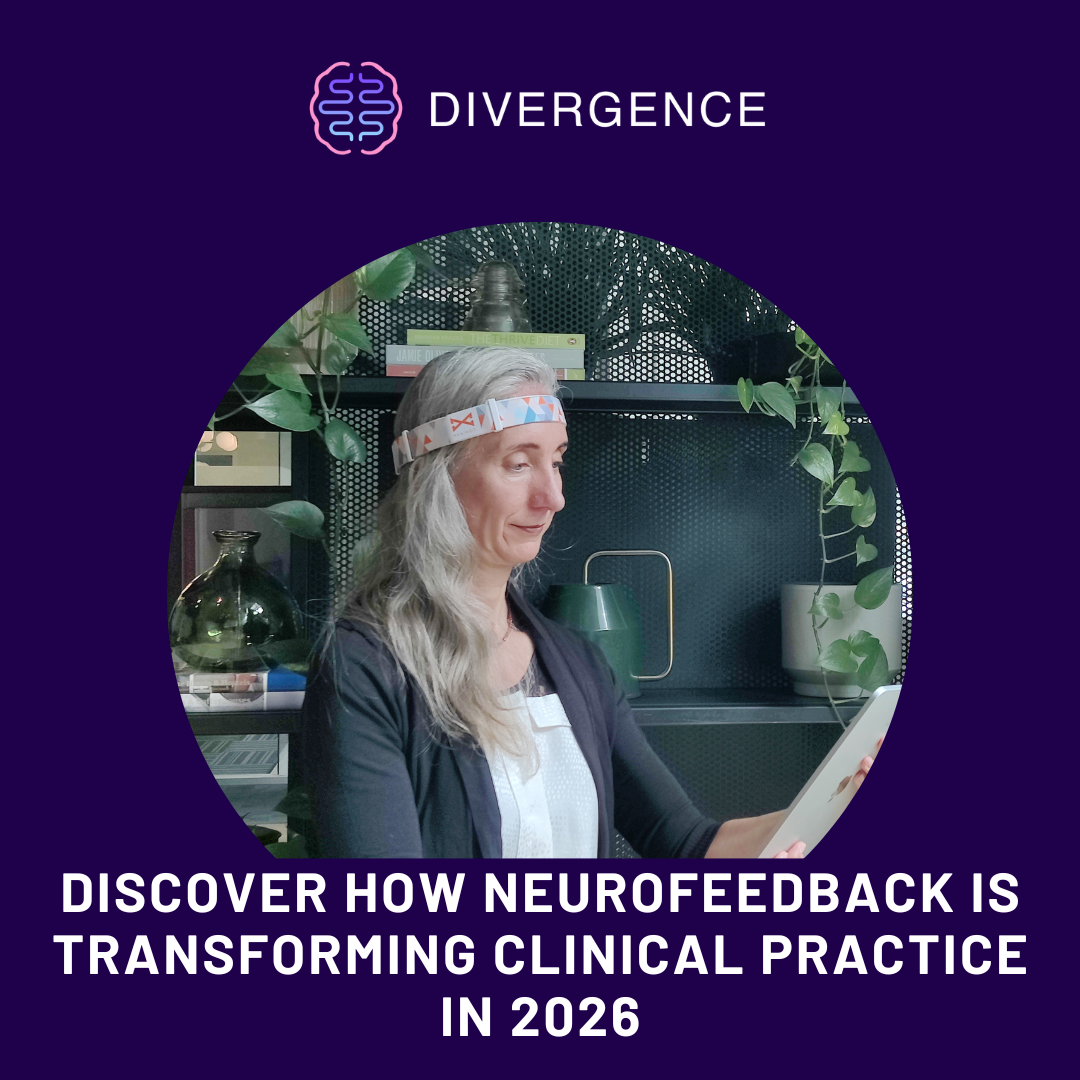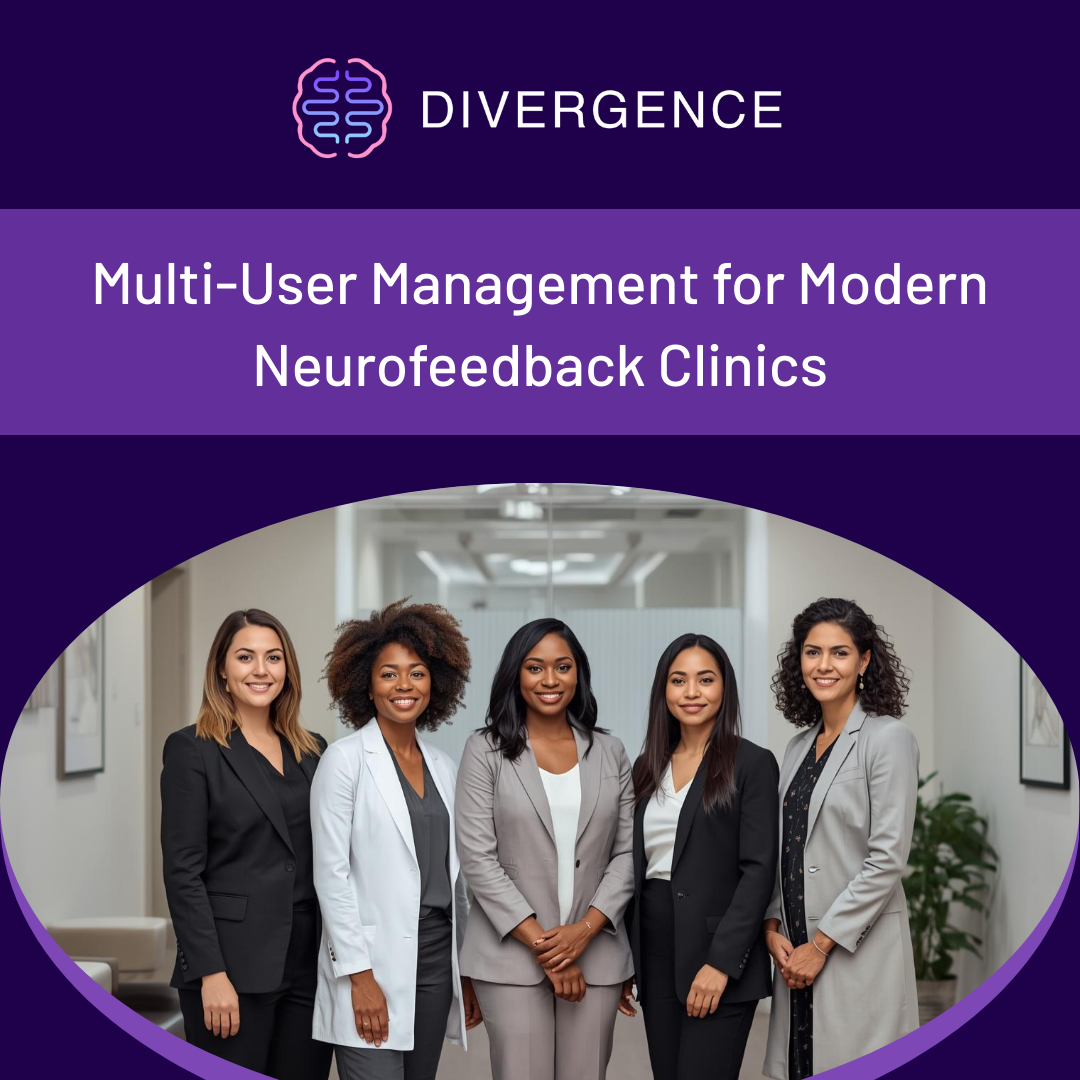Supporting Postpartum Mental Health with Neurofeedback

The transition to motherhood is often portrayed as a time of great joy, but for many women, the postpartum period brings unexpected emotional challenges. Conditions like postpartum depression (PPD) and anxiety are more common than many realize. According to the CDC (2024), about 1 in 8 women with a recent live birth report symptoms of postpartum depression, and approximately 1 in 10 women of reproductive age experience symptoms of major depression. These challenges are often compounded by hormonal shifts, disrupted sleep and the overwhelming demands of caring for a newborn.
Despite growing awareness of maternal mental health, stigma and logistical barriers still prevent many new mothers from seeking timely support. While PPD is most often associated with women, research shows that up to 10% of new fathers also experience symptoms of depression after the birth of a child (Paulson & Bazemore, 2010), highlighting the broader need for accessible, flexible wellness interventions.
A Wellness-Based Approach to Brain Regulation
Neurofeedback is a non-invasive form of biofeedback that helps individuals learn to regulate their brain activity using real-time EEG data. While it is not an FDA-approved treatment for postpartum depression or any specific psychiatric condition, it can be used by trained clinicians to support emotional balance, mental clarity, and resilience.
By guiding the brain to develop more optimal patterns, neurofeedback may serve as a supportive tool in broader wellness strategies, particularly for individuals facing stress, anxiety, or low mood. Clinical reviews have reported that neurofeedback can contribute to improved self-regulation and emotional stability when administered by experienced professionals (Hammond, 2007; Marzbani et al., 2016; Gruzelier, 2014).
For new mothers, this kind of self-regulatory training may offer valuable mental support without the need for medication, especially important for those who are breastfeeding or concerned about side effects. Neurofeedback sessions can be customized to each individual’s neurophysiological profile and tracked over time by clinicians to ensure ongoing relevance and efficacy.
Remote Neurofeedback: Designed for Accessibility
One of the most pressing challenges for postpartum parents is accessing care. Between feeding schedules, sleep disruptions and mobility limitations, attending regular in-person appointments may feel impossible. That’s why Divergence Neuro’s remote neurofeedback platform is becoming an important tool for clinicians looking to provide flexible care options.
Divergence Neuro allows clinicians to deliver neurofeedback sessions remotely using clinical-grade EEG headsets (e.g., BrainBit). Real-time brainwave monitoring enables clinicians to adjust protocols as needed while clients train from the comfort of their own homes. The platform also includes automated troubleshooting tools and an in-app AI assistant to help users stay on track and resolve minor issues independently, freeing up clinician time for higher-value support.
Why Neurofeedback Fits into Postpartum Wellness
While neurofeedback should not be seen as a replacement for therapy, psychiatric care, or other evidence-based treatments, it may offer supportive benefits when used as part of a clinician-guided wellness plan. Its drug-free and personalized nature makes it a promising option for those seeking additional support in navigating the emotional terrain of new parenthood.
During Mental Health Awareness Month, we recognize the need for approachable, personalized mental wellness options and the clinicians who deliver them. Remote neurofeedback offers an opportunity to provide individualized, flexible support to postpartum mothers (and fathers) without adding strain to their already demanding schedules.
If you’re a licensed clinician working with perinatal or postpartum clients, consider how Divergence’s neurofeedback could integrate into your practice as a support tool for emotional self-regulation and mental resilience.
References
Centers for Disease Control and Prevention. (2024, May 15). Symptoms of Depression Among Women. U.S. Department of Health & Human Services. Retrieved from https://www.cdc.gov/reproductive-health/depression/index.html
Paulson JF, Bazemore SD. Prenatal and postpartum depression in fathers and its association with maternal depression: a meta-analysis. JAMA. 2010 May 19;303(19):1961-9. doi: 10.1001/jama.2010.605. PMID: 20483973. https://pubmed.ncbi.nlm.nih.gov/20483973/
Hammond, D.. (2005). Neurofeedback Treatment of Depression and Anxiety. Journal of Adult Development. 12. 131-137. 10.1007/s10804-005-7029-5. https://www.researchgate.net/publication/225791894_Neurofeedback_Treatment_of_Depression_and_Anxiety
Gruzelier JH. EEG-neurofeedback for optimising performance. I: a review of cognitive and affective outcome in healthy participants. Neurosci Biobehav Rev. 2014 Jul;44:124-41. doi: 10.1016/j.neubiorev.2013.09.015. Epub 2013 Oct 12. PMID: 24125857. https://pubmed.ncbi.nlm.nih.gov/24125857/
Marzbani, H., Marateb, H. R., & Mansourian, M. (2016). Methodological Note: Neurofeedback: A Comprehensive Review on System Design, Methodology and Clinical Applications. Biological Psychology, 95, 1–19. https://pubmed.ncbi.nlm.nih.gov/27303609/





